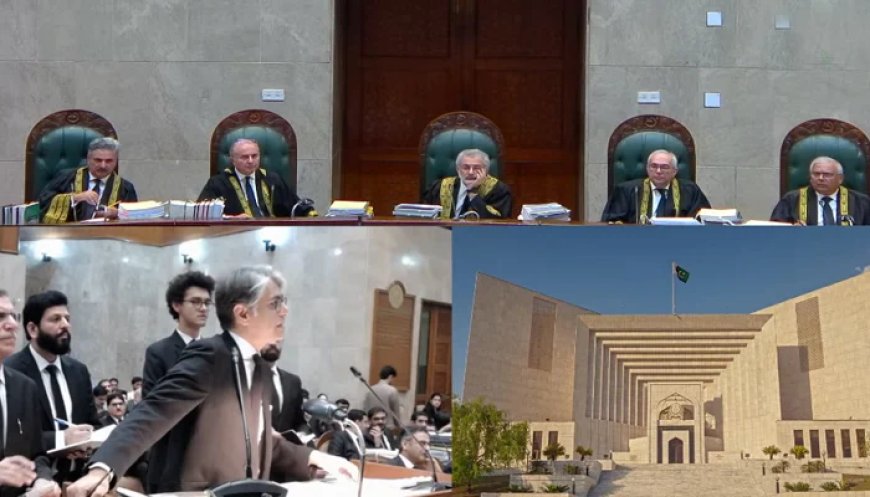ECP in control of reserved seats' formula, can declare any candidate independent: SC judge

1. Justice Ayesha inquires ECP about allocation of reserved seats to BAP and whether it held any meeting on said issue
This case involves the allocation of reserved seats in Pakistan's National and provincial assemblies, which is being contested by the Sunni Ittehad Council (SIC) and the Pakistan Tehreek-e-Insaf (PTI). Here are the key points:
1. **ECP's Authority**: Justice Ayesha Malik stated that the Election Commission of Pakistan (ECP) has the authority to declare candidates as independent and control the formula for the allocation of reserved seats.
2. **PHC Verdict**: The Peshawar High Court (PHC) upheld the ECP's decision to deny the SIC reserved seats, which the SIC is challenging in the Supreme Court.
3. **Intra-Party Polls**: The PTI was criticized for not holding intra-party elections, which is a requirement for valid nomination papers.
4. **Reserved Seats Allocation**: The PTI-backed independent candidates lost 77 reserved seats due to the PHC's decision. The ECP did not allocate these seats to the SIC, citing the party's failure to submit the list of candidates before the deadline.
5. **Supreme Court Hearing**: The Supreme Court, led by Chief Justice Qazi Faez Isa, is examining the allocation of reserved seats and has directed the ECP to submit details of the reserved seats allocated in 2024 and relevant documents.
6. **Federal Government's Position**: The Attorney General of Pakistan argued that reserved seats can only be allocated to parties that contested the polls, won at least one seat, and provided a candidate list as required by law.
The outcome of this case will determine the allocation of 67 women and 11 minority reserved seats, significantly impacting the composition of the National and provincial assemblies in Pakistan.
















































